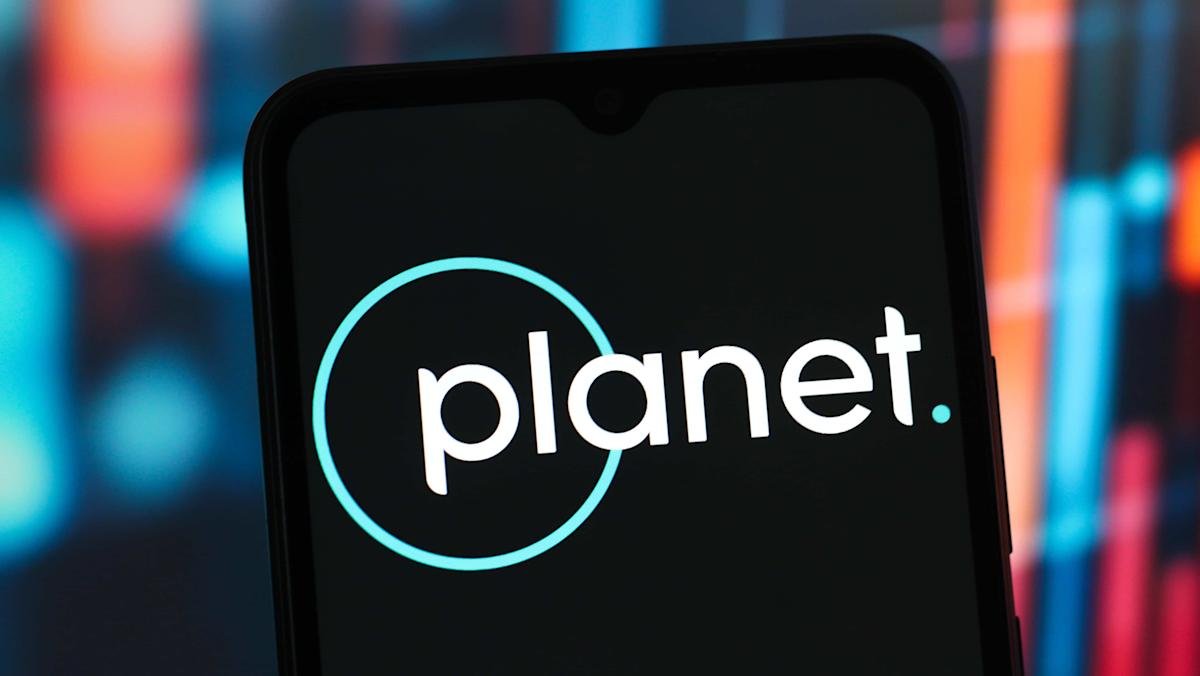00:08 Speaker A
Earth imaging and data company Planet is taking satellite imaging to the next level. Company announced their plans to launch a new Owl constellation capable of delivering AI analyzed images within an hour. and they’re powered by Nvidia chips. For more we’re bring in now Planet co-founder and CEO Will Marshall. Will, it is good to see you. So let’s start with this news. You’re launching this constellation of satellites will called Owl. Help us understand, well, what these satellites do,
00:41 Speaker A
what’s special about them? And what do you think the the competitive advantage you have is in the market with these satellites?
00:52 Will Marshall
A great question. So, at Planet, we have the largest Earth imaging satellite fleet ever in human history. And we use AI on top of that to do processing, and that enables us to answer questions about the planet for all sorts of customers around the world. And we have the most data of any satellite company, and that is really useful for training AI on what’s going on around the planet. What we’re doing with Owl is a totally new and unprecedented capability. We are going to be scanning the whole Earth landmass every day at 1 meter resolution, so much high fi finer detail, and get the data back within 1 hour with that processing on the edge that you mentioned the Nvidia processor chips on board so that we can do AI processing upstairs. That means do those image processing and send down the location of ships, or help us to do disaster response after a flood or earthquake or a fire, really fast to help help real people on the ground.
01:45 Speaker A
So if Owl will promises to sort of higher resolution, AI analyzed images, all within an hour. I’m curious what what are the kinds of what are the kinds of companies, Will, what are the kinds of sectors that you think would be most interested in this data? You know, is it energy, Will? Is it agriculture? Is it defense?
02:12 Will Marshall
I think the particular kind of use cases that come to my mind are those that involve things like disaster response where they need quick timeliness. So, imagine after a fire, how do you get data on where is the build which buildings are affected? How do we get that as quickly as possible to the first responders so they can get there on time? Or security where if there’s events, you want to know as quickly as possible if there’s a new threat around the corner, um, on the horizon. And so, it’s those kind of applications. And this is why, by the way, we call them owls because they are smarter and they’re sharper. So they got big eyes, they’re wide and they’re wise. That’s why we call them owls.
03:00 Speaker A
Does Owl replace your existing satellites will or no? you think of Owl as supplementing them?
03:10 Will Marshall
It’s an upgrade. So it will actually be backwards compatible with our present fleet, but it will be just enhanced resolution and faster timeline.
03:19 Speaker A
So you have these space services deals, well, whereas I understand it, correct me if I’m wrong, you may have a customer like Japan and you’ll build and service satellites for Japan. But when the satellites aren’t over Japan, you’ll sell that excess capacity to other customers, which sounds potentially pretty lucrative. Will Owl be used for that as well?
03:52 Will Marshall
As an you understood it perfectly well. So we the partnerships that we did with Japan and now in collaboration with Germany, are enabling us to build, launch and operate satellites for countries that want dedicated satellites in their area. But then as you say, so the Japan deal is just over $200 million, the same with our partnership with Germany for a set of 10 satellites and seven. and what these can do is enable those countries to have dedicated passing in their area. But what we can then do beyond that is sell the data in the rest of the world. So this is good for us because it helps pay for our capex. It’s good for them, they get sovereign eyes. And it’s good for the rest of our the world, because all the rest of our customers because they get more capacity, more revisit rates. So they and and eventually it’s possible that in our Owl fleet could go into that as well, but that’s a non-tasking system. So really, I think the primary use case for sovereign systems is a tasking system to help countries have specific eyes where they need it.









